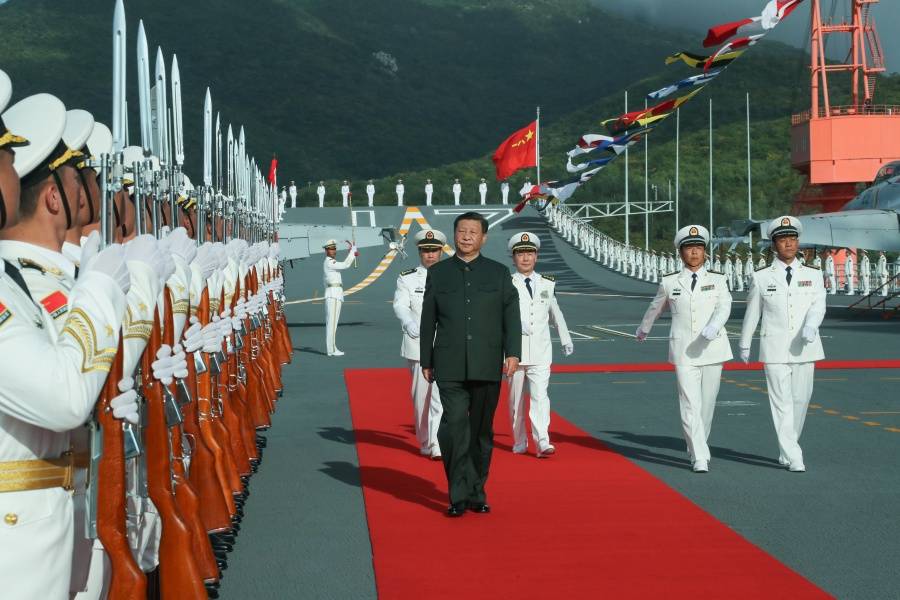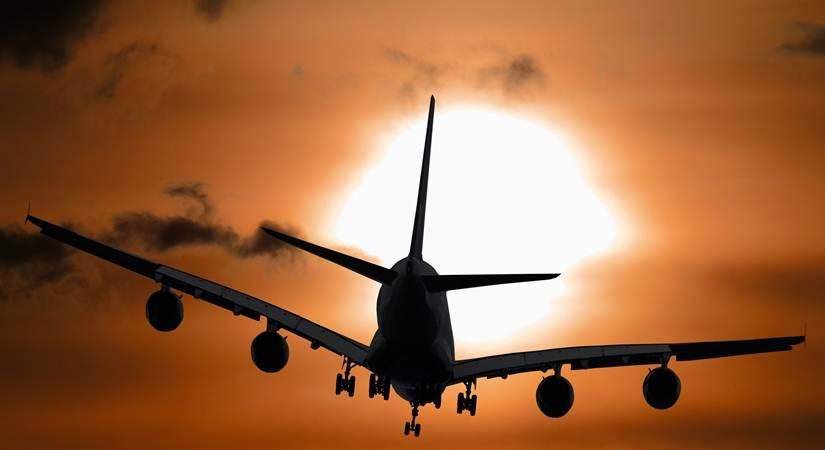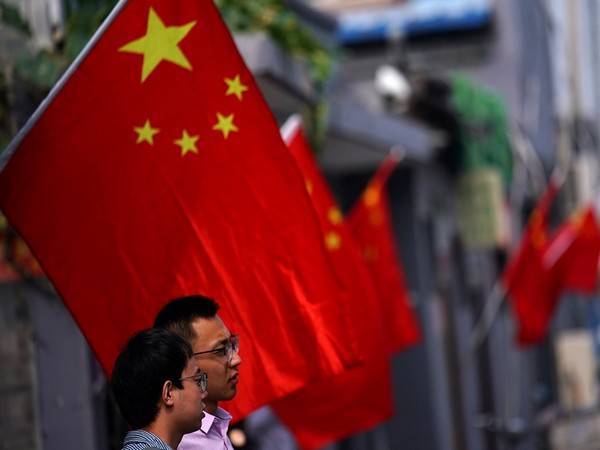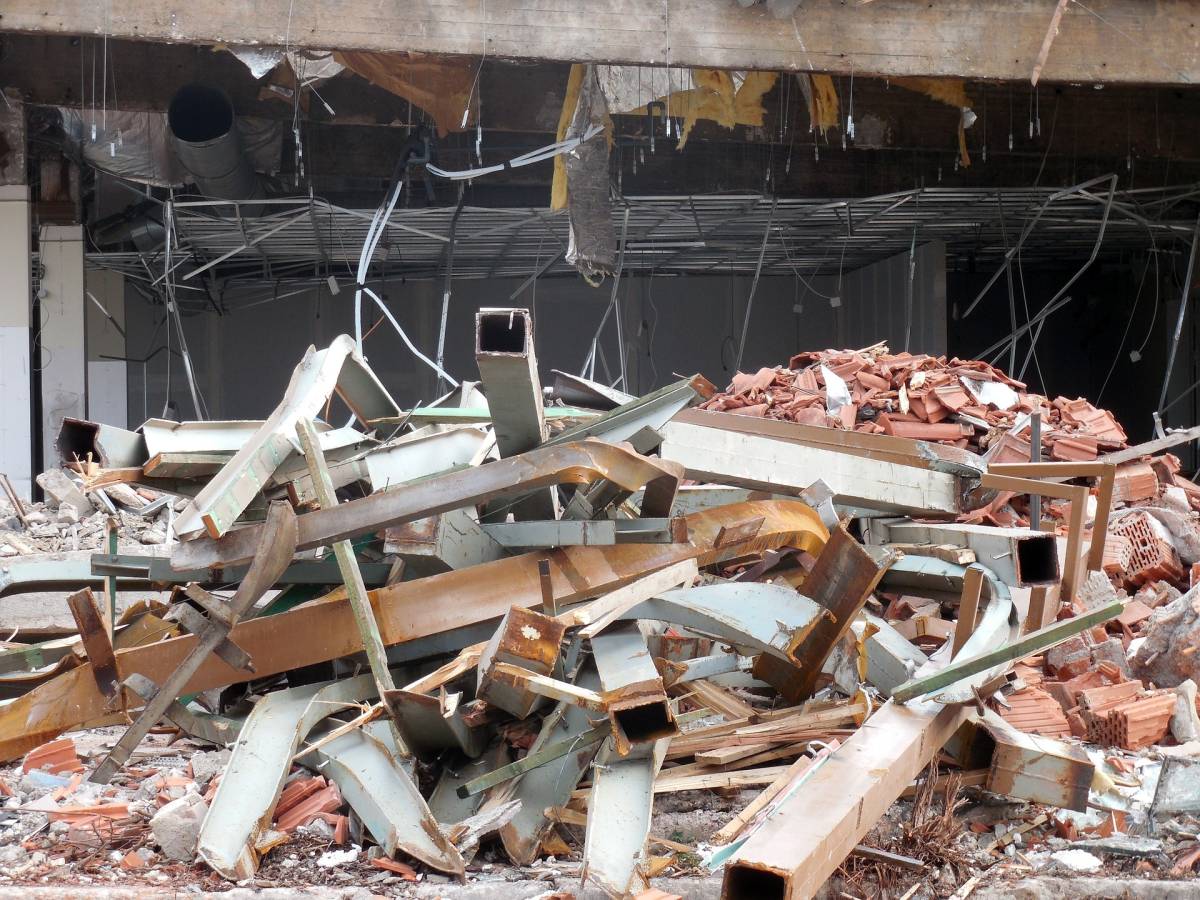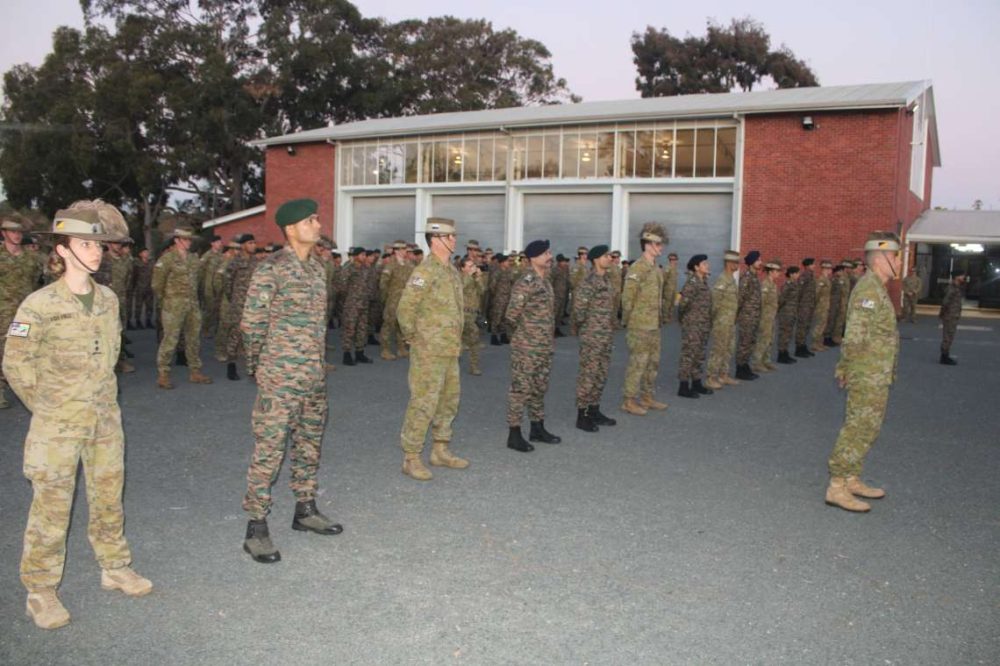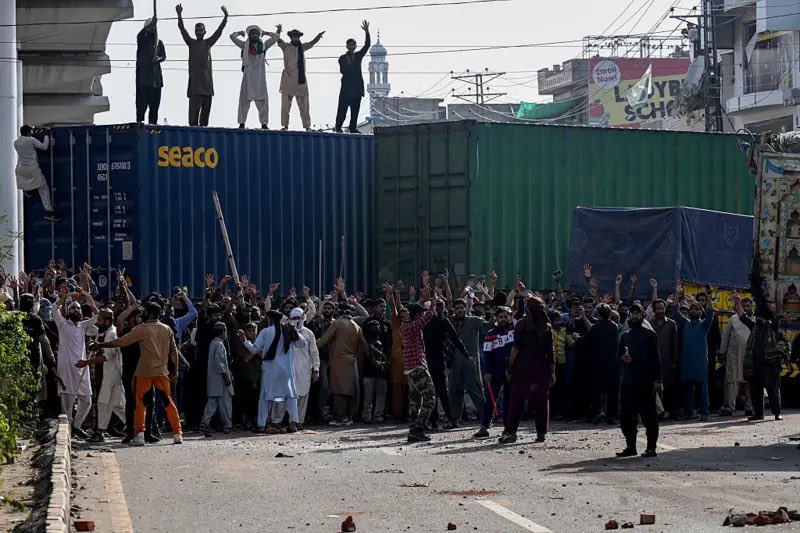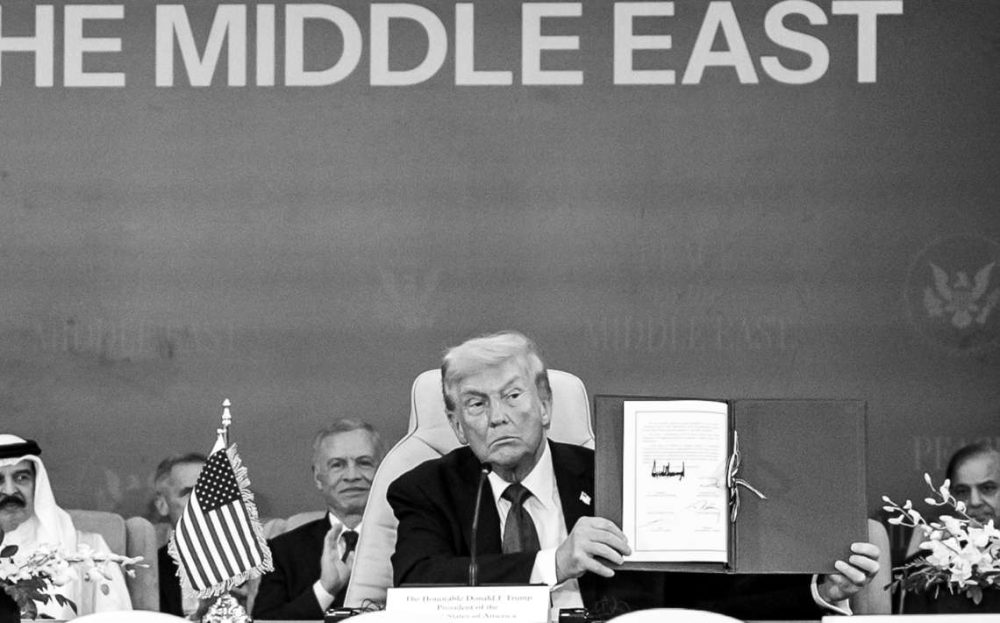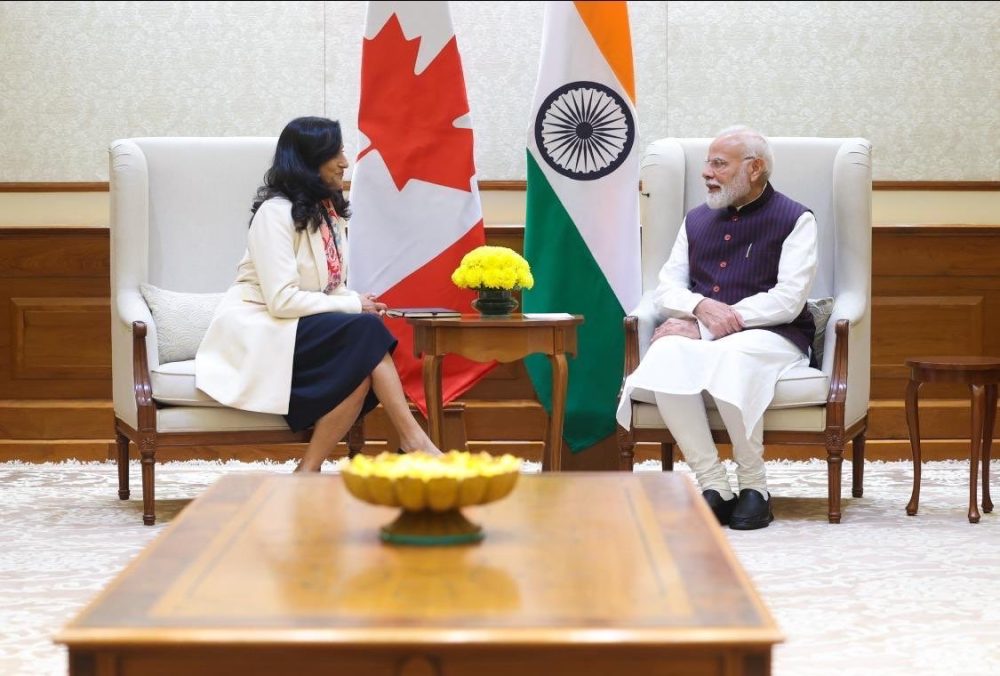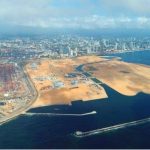Pilots from some NATO member states have been reported to help train PLA Air Force pilots. They have been reported as having been recruited in South Africa. Some of these pilots may get shifted to the Indo-Pacific islands, writes Prof. Madhav Nalapat

Very influential contacts in the Indo-Pacific region who favour partnership with India have revealed that PRC Foreign Minister Wang Yi is on a mission to fast-track CCP General Secretary Xi Jinping’s plan for controlling the Indo-Pacific states. Xi’s hugely expensive plan for converting the Eurasian landmass into a “hub and spoke” relationship of subservience to Beijing, otherwise known as the Belt & Road Initiative (BRI), which includes the China-Pakistan Economic Corridor, is proving to be less of a success than was planned when BRI was first unveiled.
Unlike his predecessors Jiang Zemin and Hu Jintao, micro-controller Xi has refused to give leeway to his Prime Minister, Li Keqiang, in economic policy, reserving key decisions for himself. This is despite the fact that Premier Li has an excellent past record in generating results, his only failure being the slowdown in the Chinese economy since Xi took charge in 2017, a situation for which he is not responsible. Despite this, the man responsible, Xi Jinping, is on track to get an unprecedented third 5-year term as CCP General Secretary in a few months’ time, while the Office of the General Secretary (OGS) has already been quietly interviewing candidates who can take Li’s place.
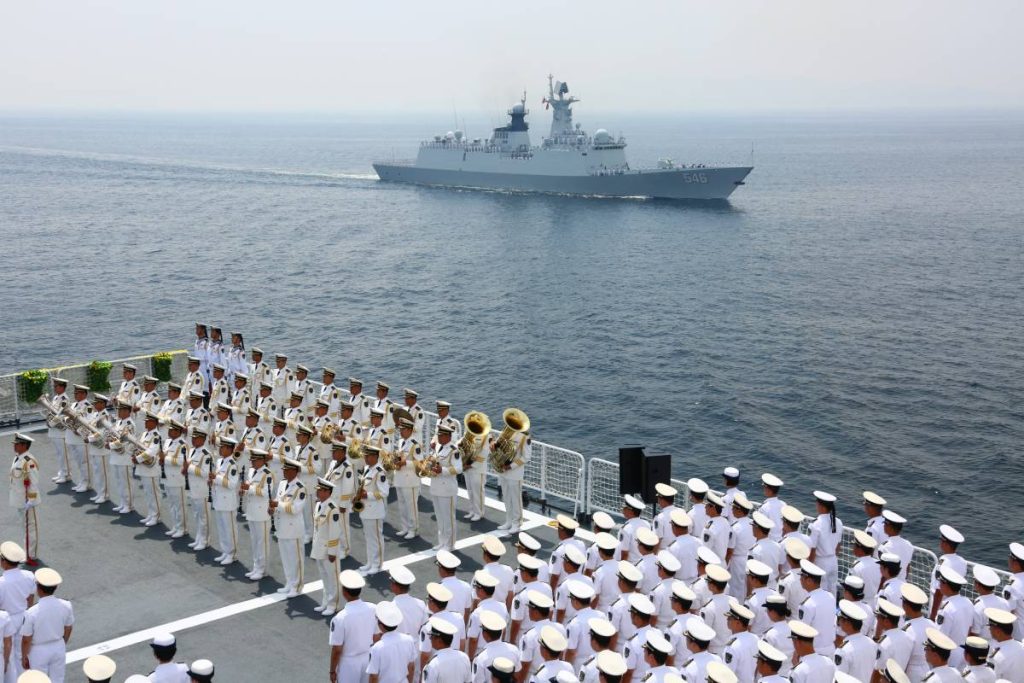
Their most important qualification needs to be unquestioning loyalty and obedience to “Xi Jinping Thought”, the approved title given to the ideas of the General Secretary on miscellaneous matters. Given the increased role of the PLA under Xi, to a level not seen since Lin Biao was Defence Minister under Chairman Mao, it is expected that the CCP leadership will acquiesce in Xi’s bid for a third term. Most of those who have been identified by the OGS as potential conscientious objectors to this plan are by now either in jail or in retirement, with more to follow during the coming three months.
As is the case with Pakistan, foreign policy is being determined by the OGS not through consultations with the Ministry of Foreign Affairs (MoFA) but by the Central Military Commission, which has become more influential in the functioning of the central government in Beijing than the Communist Party machinery, which itself from Mao’s time has been more important in matters of policy than the formal government. As has long been the case in Pakistan, MoFA takes its cue from the military. It is the PLA, more specifically the PLA Navy (PLAN), that has drawn up Xi’s master plan for control of the Indo-Pacific through getting a chokehold over the island states that comprise Micronesia, Melanesia and Polynesia.
The PLAN blueprint being rolled out for assent during Wang Yi’s visit to ten Indo-Pacific island countries seeks to establish a China-Pacific Free Trade Association (CPFTA) that would pointedly exclude Australia and New Zealand. Ironically, China’s diplomatic asset is the resentment felt throughout the island nations at the bossy, superior, condescending approach of diplomats and officials from Australia and New Zealand, both of which are seen to treat the island countries almost in the manner of colonies. An example was the way in which the transit visit of Malaita province (in the Solomon Islands) premier Daniel Suidani was handled some months ago by the Scott Morrison government. Despite his status as the premier of by far the largest province of the Solomon Islands, Premier Suidani was refused normal diplomatic courtesies.
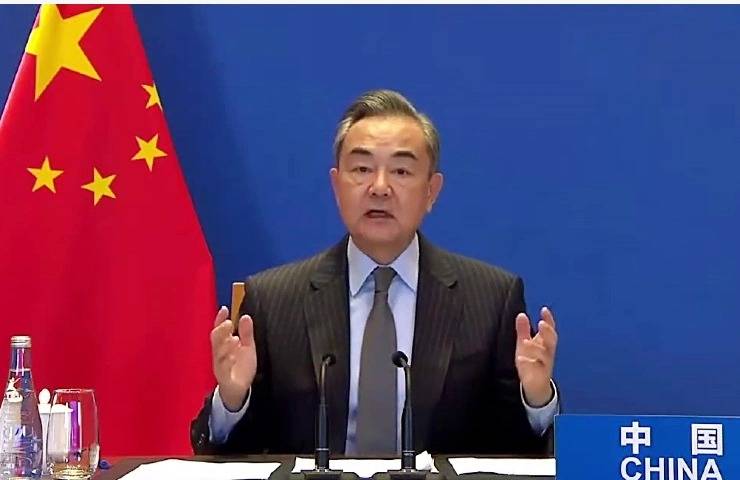
Enquiries for treatment available in Australia for a serious medical condition were met by a demand for payment of several tens of thousands of dollars as cost of treatment before that request could be even considered by Canberra. In contrast, President Tsai Ing-wen of Taiwan volunteered to provide treatment free of cost, especially given that Premier Suidani had opposed Solomon Islands Prime Minister Sogavare shifting diplomatic ties from Taipei to Beijing, a move deeply unpopular in the country. The Malaita premier was treated as the VIP he was, unlike what was done by the Scott Morrison government, who bent over backwards to please provincial premier Suidani’s political rival, Prime Minister Sogavare of the Solomon Islands.
Interestingly, it was well known to Canberra that Sogavare was bending over forwards, backwards and sideways to please Beijing. Despite this, he continued to be indulged in by the Scott Morrison government, until it finally was brought crashing back to reality when the Solomon Islands Prime Minister signed an agreement with the PRC, the same template that Wang Yi intends to universalise throughout the island states he is visiting. The agreement contains provisions designed to enable the Chinese side (read the PLA) to “provide security”, as well as “train and assist local police forces”. Scanners and other surveillance systems that are made and operated by China would be installed in ports and airports across the region. The PLAN plan provides for bi-annual meetings of the defence and internal security ministers of the island countries with their PRC counterparts, while lower-level meetings would regularly take place on a more frequent basis.
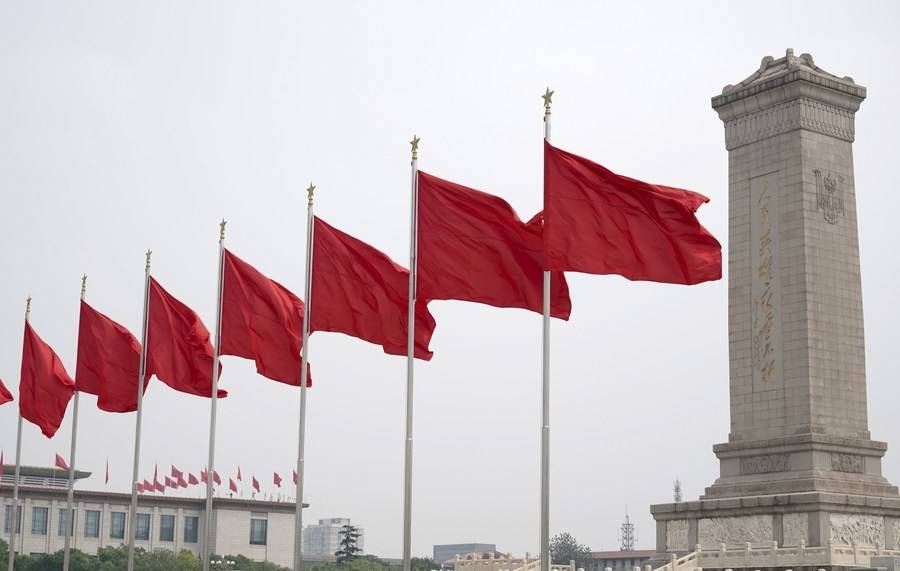
PRC satellite systems would be used across the region to “monitor meteorological trends”, besides of course (although unmentioned in the text) the activities commercial and military, especially of the members of NATO or the Quad or both (as the US is). A viceroy titled the Peoples Republic Envoy to the Pacific would be appointed to ensure compliance by the governments of the signatory states. Multiple PRC storage facilities would be set up at key locations “in order to store humanitarian assistance”. These would be the same kind of “humanitarian assistance” that NATO member states are providing at the cost of tens of billions of dollars to Ukraine, namely weapons systems. These would, in common with the other facilities provided, be operated across the region by PRC nationals rather than locals.
Specific ports and cities have been located for the expansion or building of sea ports and airports, for humanitarian reasons found suitable by the PLA. Despite its substantial population of those of Indian ancestry, Fiji is on the way to becoming a part of Beijing’s sphere of influence. In General Secretary Xi’s PLA-centred diplomacy, the alliance between the CCP and the Wahhabi International has proved invaluable. Russian influence in the region is almost totally absent, although that may change as a consequence of the aftershocks generated by NATO’s steps during the post-February 24 phase of the Ukraine-Russia conflict. Interestingly, pilots from some NATO member states have been reported to help train PLA Air Force pilots. These have been reported as having been recruited in South Africa. The Test Flight Academy of South Africa (TFASA) in particular has come under the scanner for being a possible gateway for pilots from some European NATO member-states of Europe to get recruited for service in the PRC at attractive salaries.
If such reports are confirmed, some of these pilots (many of whom are said to be veterans of the air forces of some NATO members) may get shifted to the Indo-Pacific islands, in order to better camouflage the effective control by the PLA of the facilities being listed under the Xi plan for development throughout the region. Vanuatu and Kiribati are being wooed to be the next in line to sign the CPFTA, now that the Solomon Islands is already on board. Australia has been very stingy in the giving of visas to the Pacific islanders who seek to transit from there to India, despite being a Quad partner. A way of resolving such a problem would be for Prime Minister Narendra Modi to ensure that regular flights be started between Fiji and India. Once such a link gets established, Pacific islanders could come to India via Fiji, which does not require a visa for them to enter the country in transit or otherwise. Honorary Consuls could be appointed in key island countries, including in Tonga and in the Solomon Islands, of course in Malaita province.
Leaving the Pacific island countries to Australia and New Zealand may not be an optimal choice, given both the influence of the Sino-Wahhabi lobby in both these countries as well as the low priority that they have given to the Pacific islands, treating them with scant respect and attention. The Pacific Island Forum is deeply unpopular in the region, as it is seen as a vehicle for Australia and New Zealand to exercise overlordship over the island countries. Now both face a competitor in the PRC, the success of which would have far-reaching implications for the Quad project of ensuring a free, open and inclusive Indo-Pacific free of control by an intending hegemon that has been working on overdrive even as Washington and Canberra in particular have largely been asleep at the wheel.


